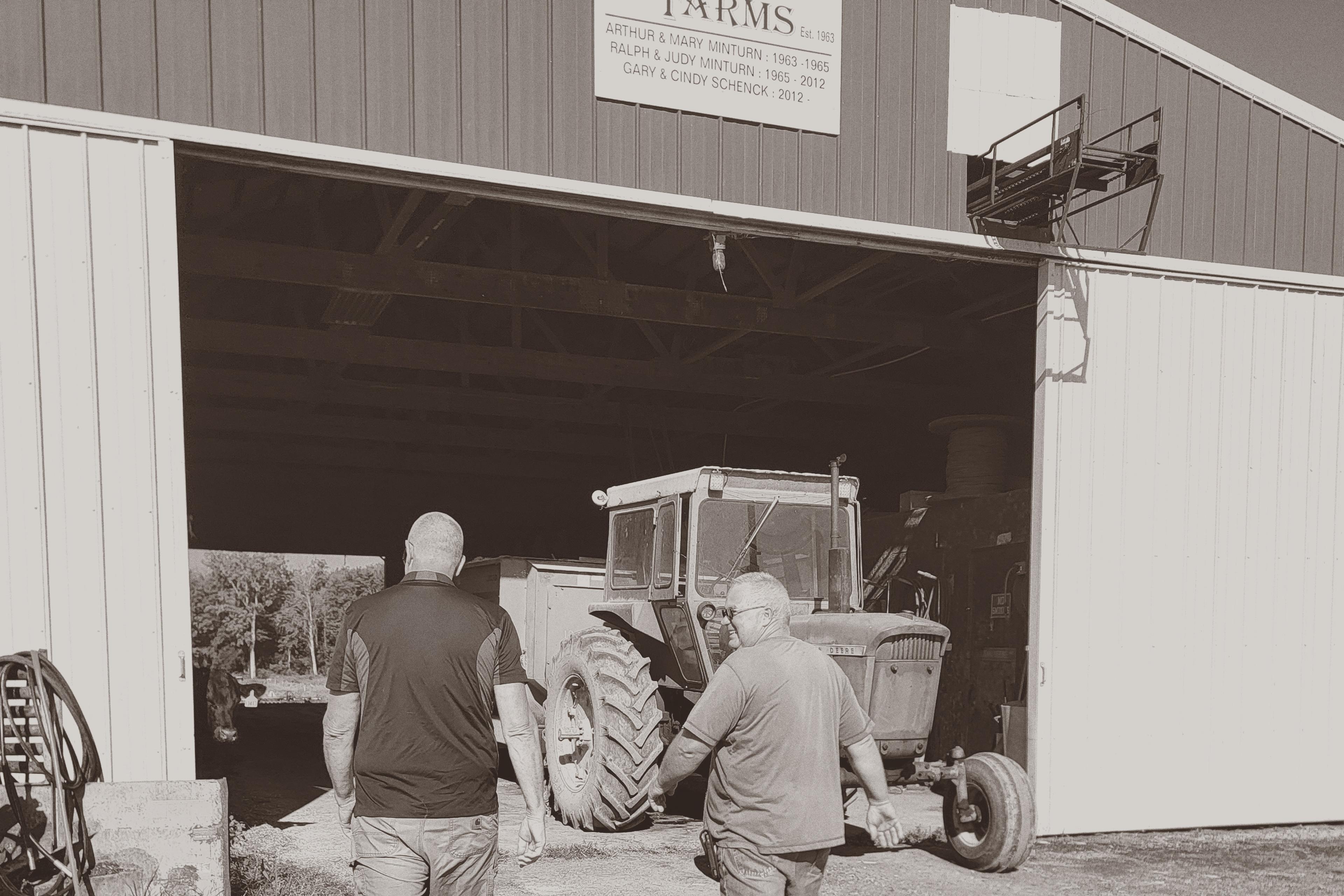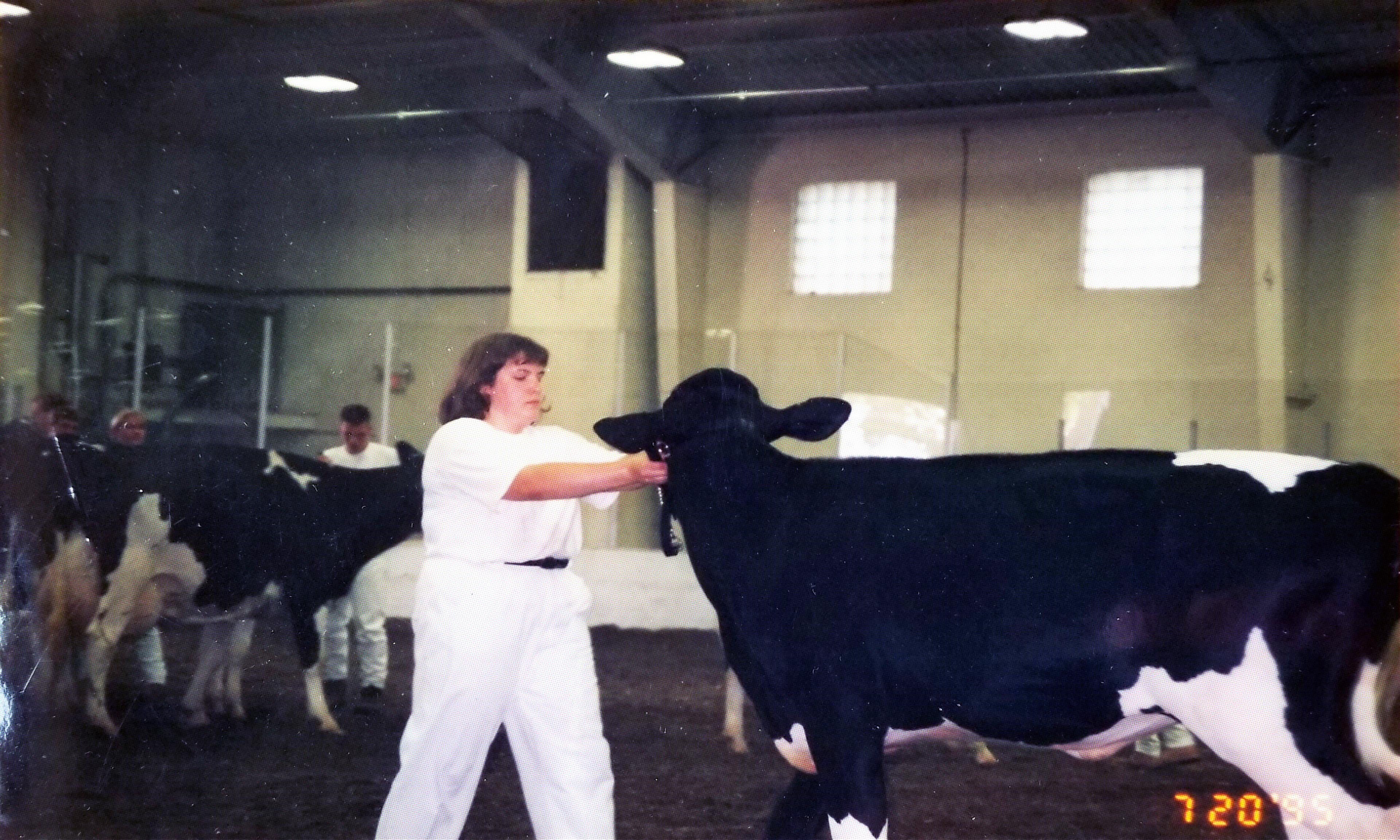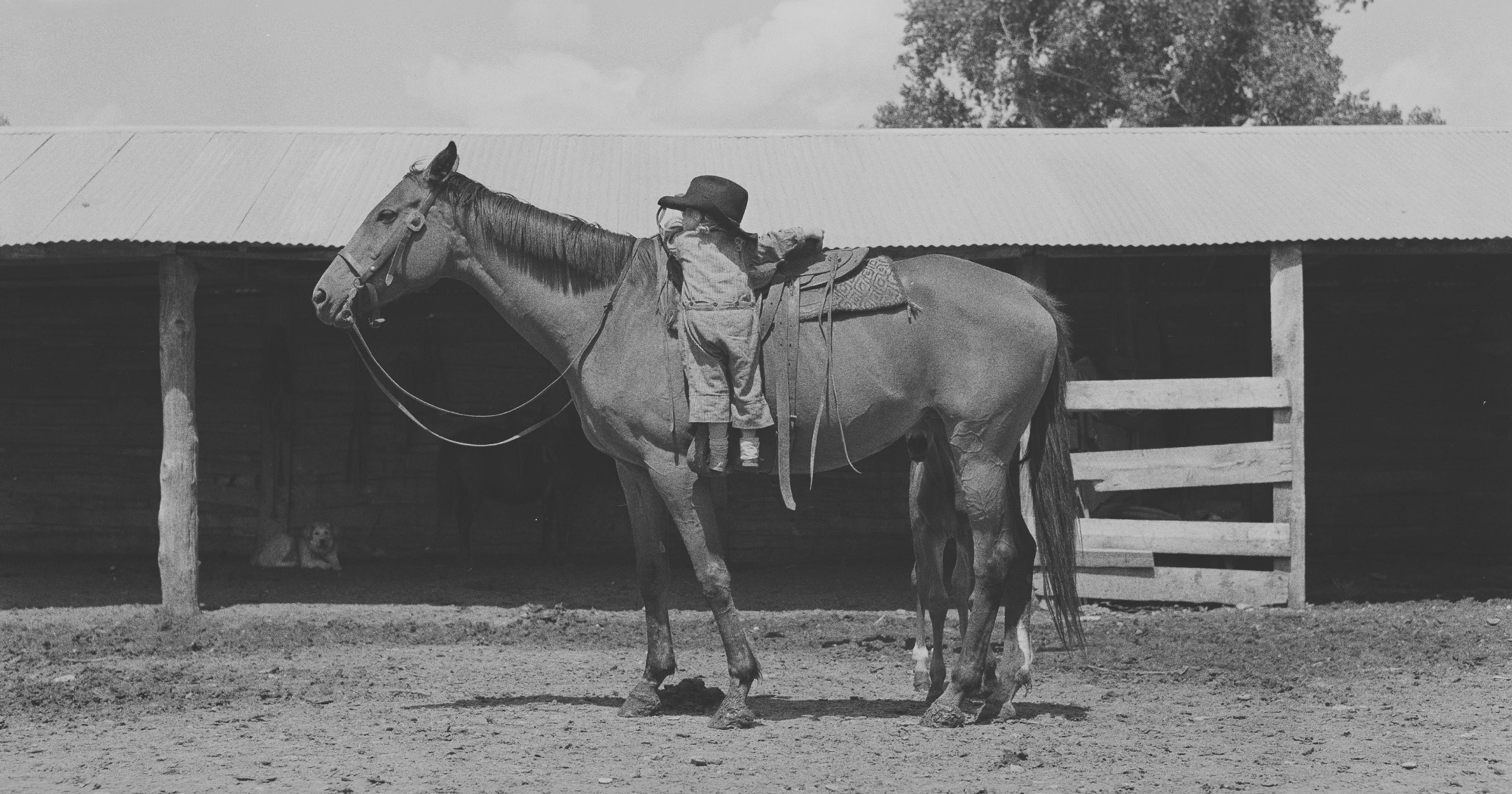With a combination of mental health and financial services, a notoriously challenging process could be made much easier for farmers.
Farming is an entire way of life, not just a job — the work is intertwined with a farmer’s personal identity as well as their family legacy. With so much on the line, it’s no surprise that many farmers avoid dealing with succession and retirement planning for as long as possible. In fact, according to a 2015 AgAmerica survey, while 70% of farmers surveyed planned to transition their farm to the next generation by 2025, only 23% had a plan.
As anyone who’s undertaken this process can tell you, there are many legal and financial complexities involved — especially for families with multiple members who have varying degrees of interest in the business. Who is there to help? Lawyers, bankers, and accountants all play an important part but largely stick to their specific roles; none deal with emotional and mental health. Unfortunately, farmers are often more vulnerable than most when it comes to issues related to stress and mental health. The pressure to maintain the legacy of the farm, competing family expectations, and isolation can all play their part in making retirement a time when farmers could especially benefit from support.
In New York, a program called FarmNet is tackling the issue of farmer retirement head-on by addressing all sides of the issue. Since the program was founded in 1986, FarmNet has provided guidance for thousands of farmers navigating the rocky transition to retirement. The program deploys teams of consultants — one to assist farmers in making financial decisions, and one licensed social worker who helps families navigate the conflict, communication, and outright anxiety brought on by the prospect of so much change. NY FarmNet is fully funded by the state of New York, provides its services free of charge to any farmer, and helps over 300 new farm clients each year.
The NY FarmNet model is based on a simple principle: Financial challenges and personal stress are linked, creating patterns where one issue leads directly to another. For instance, a family farm whose owners are dealing with conflict between their children about how to run the business, combined with their own anxiety about retirement, will often have a hard time managing their finances effectively. Similarly, a poor financial situation or declining business can create mental health problems ranging from depression to addiction.
A holistic approach is what NY FarmNet discovered works best. Consultants work as a team to help farmers develop plans that address all aspects of the challenges they face. Building trust is key and the program’s consultants will often work with farmers for years. The program has fought hard over the years to gain the trust of New York State’s farming community — the outcomes speak for themselves. In a recent review, 80% of NY FarmNet’s clients remained in farming, 94% of clients surveyed would refer others to the program, and 91% of past clients would contact NY FarmNet again.
Minturn Farms
Run by Gary and Cindy Schenck, Minturn Farms is a small beef cattle operation in Auburn, New York, encompassing 200 acres of land and a herd of 100 cattle. The farm was passed down to Gary and Cindy by Cindy’s parents, as they intended to do with their son Jason and his wife Bethany. In total, the business involved four generations, leading to a complex succession planning situation.
Jason was heavily involved in the process of planning for the farm’s future. “My great grandfather purchased this farm in 1963,” he said. “My grandfather [Ralph Minturn] takes a great deal of pride in the fact that we are still here taking care of this farm. That drives us to keep it economically viable so we can continue and pass this on to the next generation.”
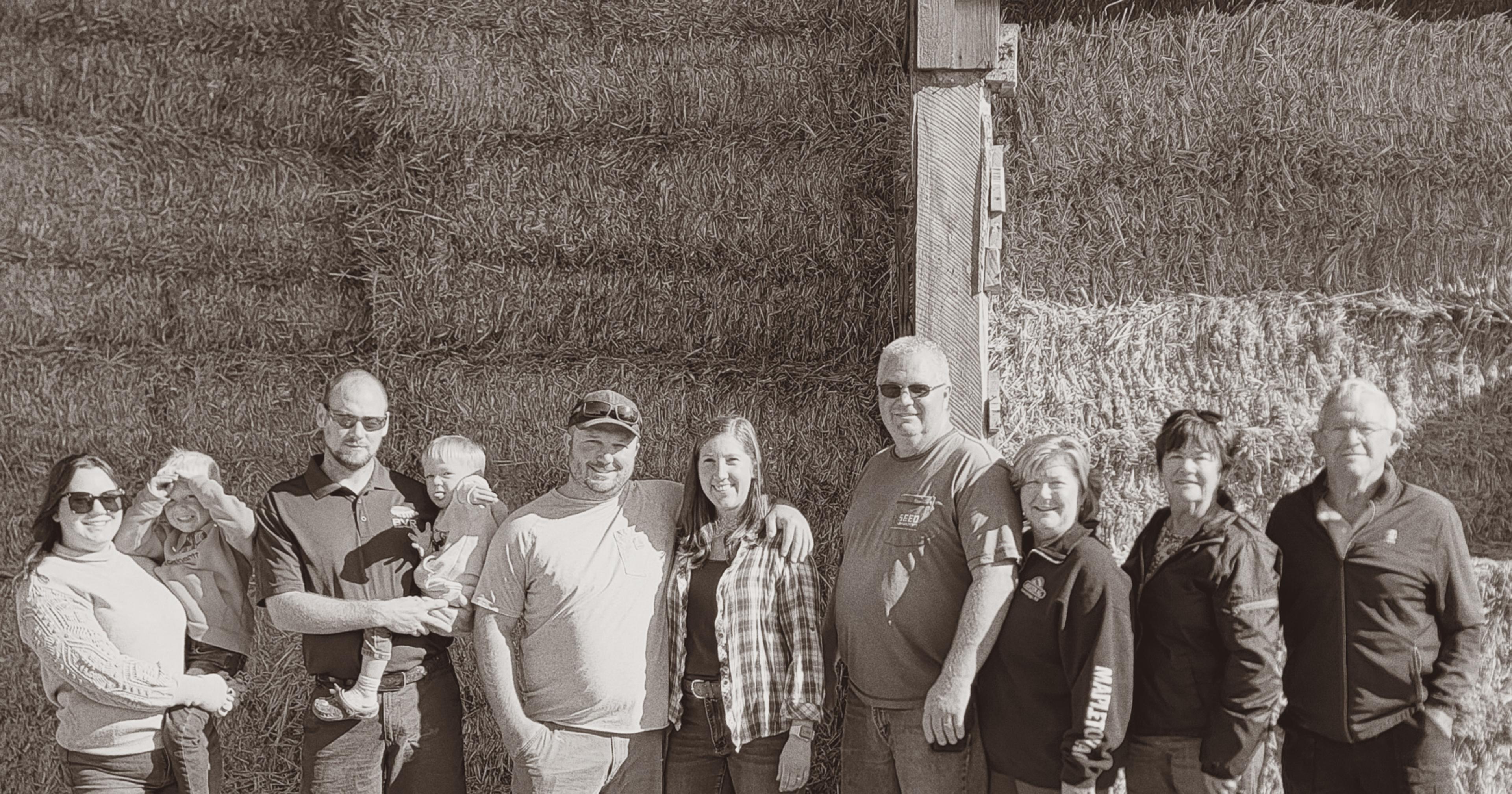
Five generations pose together for a picture at Minturn Farms in Auburn, New York.
NY FarmNet consultants began working with the family in the spring of 2022. Financial consultant Will Schonfeld introduced the possibility of income-only irrevocable trusts and postnuptial agreements to protect the rights of family members and keep assets safe for future generations. Family consultant Judy Flint, a trained social worker, assisted with communication and helped the family avoid conflict during the process.
Jason’s family had weathered ownership transitions from the previous generation — they understood that proper planning is critical. “Succession planning was stressful to think about because the first two family transitions for our farm were abrupt. First, my grandfather was forced to take over immediately after my great-grandfather passed away,” he said. Then, “My grandfather decided one day that he was done; he made an appointment with a lawyer, went to town and signed the farm over to my parents. This created some financial struggles when it came to operating funds, as well as some family issues amongst my mother’s siblings. We knew we did not want a repeat.”
“I think one main thing that every generation here can agree on is that the goal is to keep the farm in the family. My grandfather takes a great deal of pride in the fact that we are still here taking care of this farm.”
Hoskins Farms
For Lynn and Stanly Hoskins, the complications of succession planning didn’t have to do with dividing the farm between multiple family members but rather finding a way to protect their 1100-acre diversified crop farm when no clear successor wanted to take it over. They worked with NY FarmNet financial consultant Ed Ward to make sense of their options for retirement while seeing to it that the assets of the farm are protected.
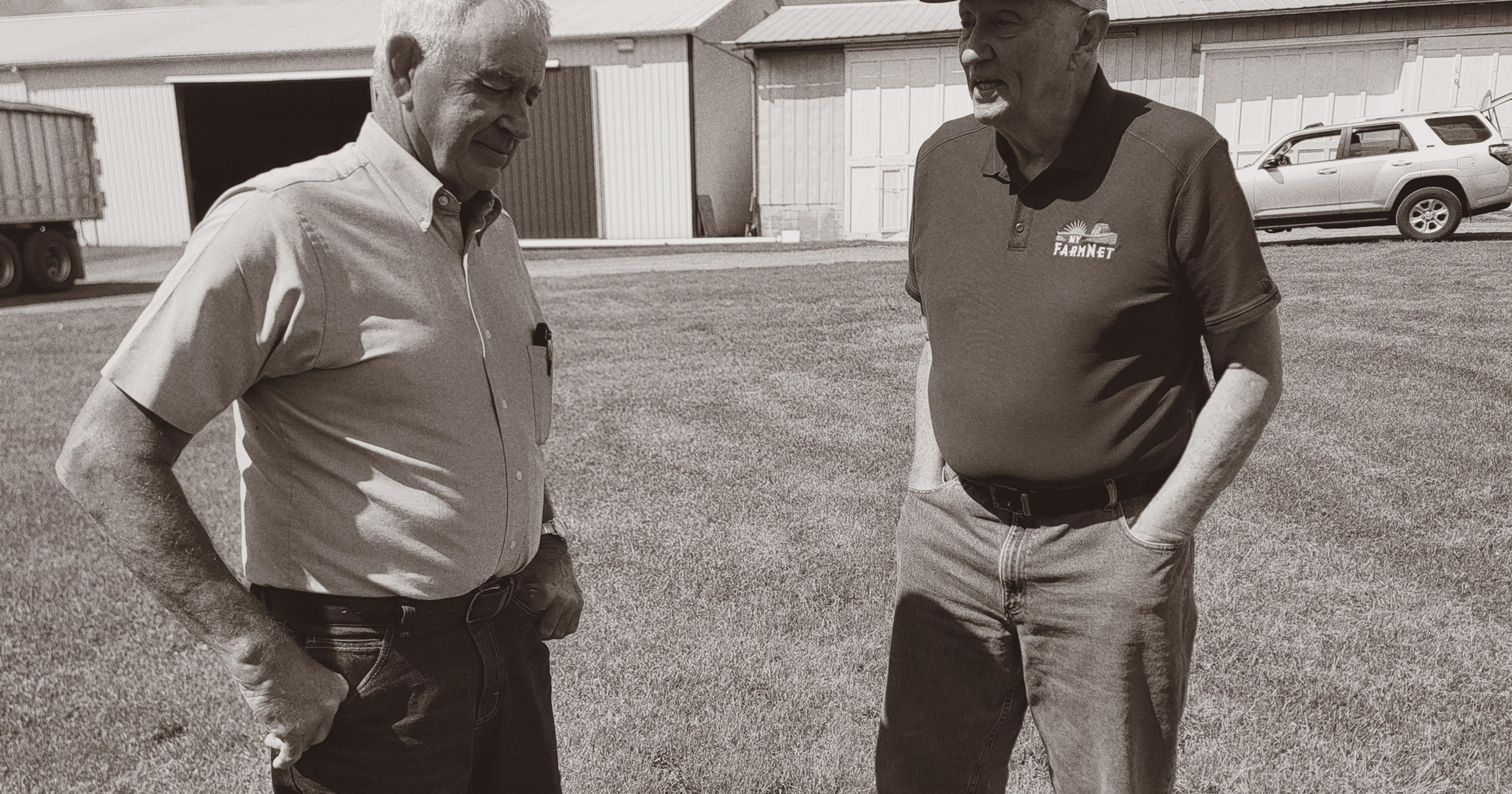
Farmer Stanly Hoskins, left, speaks to NY FarmNet financial consultant Ed Ward at Hoskins Farms in Auburn, New York.
For Stanly Hoskins, the process became complicated when a trusted source of guidance was no longer available to them. “Our long-time attorney retired. In an interview with a prospective new attorney, he strongly suggested an update to our partnership agreement. I was feeling a bit overwhelmed after returning from this attorney’s office with the task of changing our agreement and revising our wills. ”
When Stanly began working with NY FarmNet financial consultant Ed Ward, things became clearer. “His perspective and knowledge of how to get a succession plan in place was presented in such a manner that it turned a topic that is uncomfortable to think about into something bearable. (Ed) drew upon other farm situations he had handled to show what might work for us or to point out mistakes others had made. His presence at the first meeting with our new attorney was a true asset. He knew the questions to ask.”
Becky Wiseman, Family Consultant
NY FarmNet family consultant Becky Wiseman is a licensed clinical social worker with over 30 years of experience working with New York farmers. At NY FarmNet, she helps farmers cope with pressures that stem from an ever-changing agricultural industry.
“In my work with farm families, I have seen difficulties with intergenerational communication as a primary problem. It’s not a new problem, but conflicts come out in the open as the older generation begins succession planning,” she said.
Mental health support is available in a variety of forms across the nation, but unfortunately, there are few professionals who understand the unique nature of agriculture. For Becky, this is what makes the specialized work of family consultants so critical.

NY FarmNet family consultant Becky Wiseman (left) meets with client Fred Lee (right) of Sang Lee Farms on Long Island to provide mental health support.
“Farming is not a 9-to-5 job. Farming is not just a job; farming is a vocation, a way of life. Farming defines the family and its history from one generation to the next. Farmers I have worked with never worked off the farm,” she said. “A farmer who retires and gives up the business to the next generation while continuing to live on the farm experiences extreme pressure. Letting go means watching someone else do what you have always done — only ‘they’ do it differently. The fear of watching what has been your identity possibly fail, can be debilitating for the older generation.”
Declining mental health in agriculture is a growing concern, and often these struggles stem directly from financial stress, combined with the complex dynamics that exist within farm families working together. According to a 2019 Morning Consult Poll/American Farm Bureau Federation Poll, farmers and farmworkers stated that financial issues (91%), farm or business problems (88%), and fear of losing the farm (87%) all take a significant toll on farmers‘ mental health.
“They can dot the I’s and cross the T’s — but when it comes to looking the next generation in the eye and beginning to deal with realities such as: Tom doesn’t want to farm, Ginny does but she’s not good at it and Bob has always been dad’s right-hand man. The older generation is caught in a bind Family dynamics are created over the years and cannot be managed with a signature on a piece of paper,“ said Wiseman. “That’s why it is so important to include a mental health professional during succession planning.”

